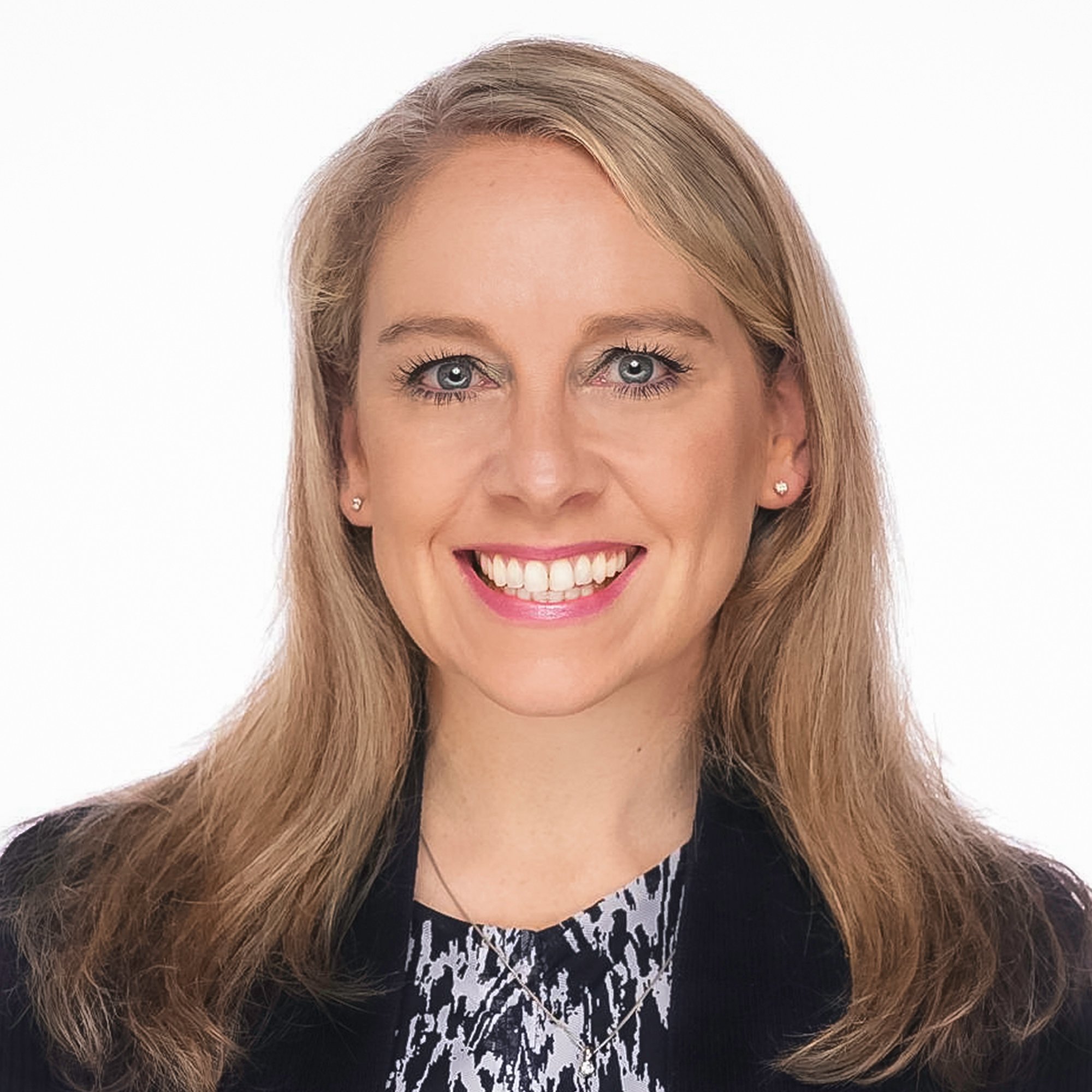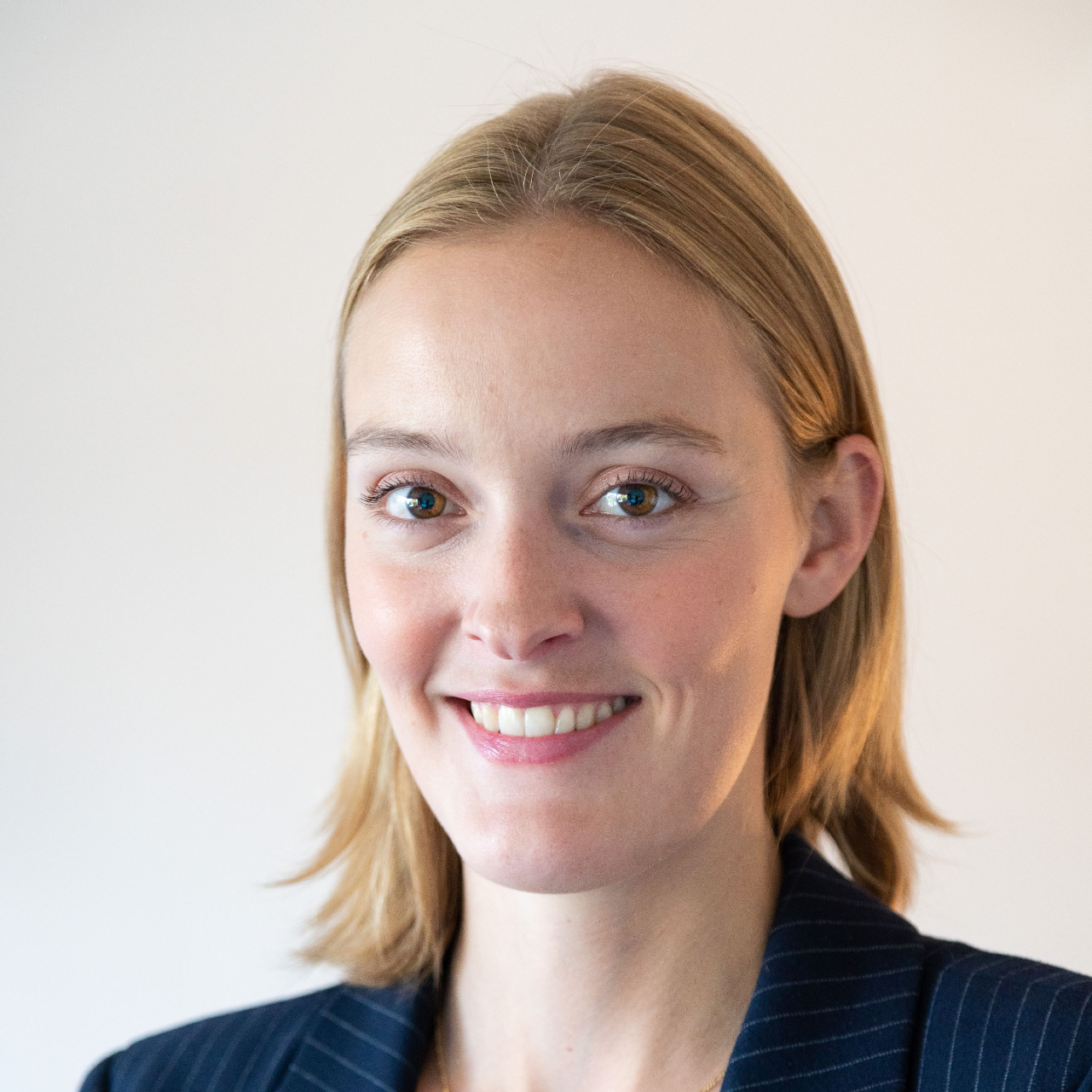LINUX FOUNDATION RESEARCH
We’re investigating the impact of open source collaboration to solve the world’s most pressing challenges.
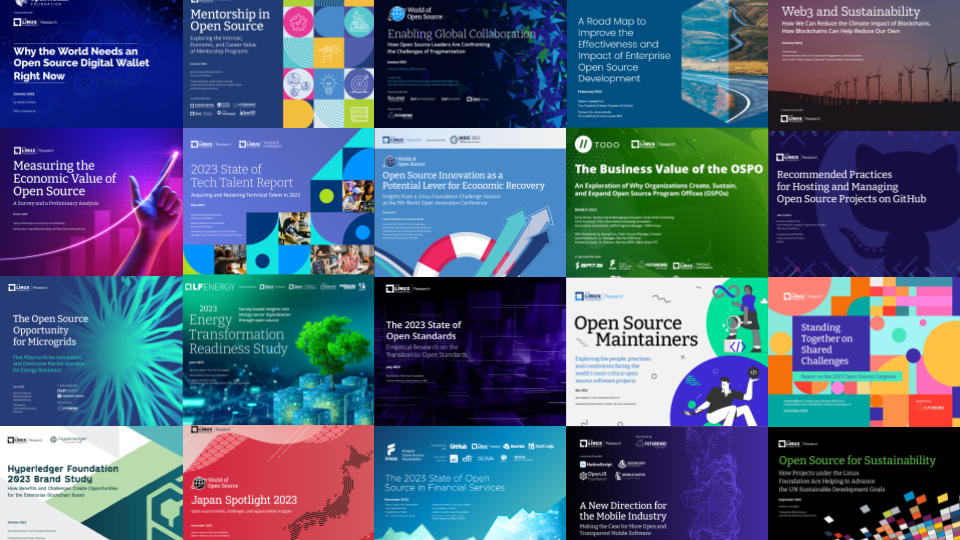
About LF Research
2025 State of Tech Talent Report
In the 2025 State of Tech Talent Report, LF Research and LF Education dug into trends and challenges in key technical areas this year, including AI. The report is based on findings from a survey distributed to hiring and training managers across the LF community
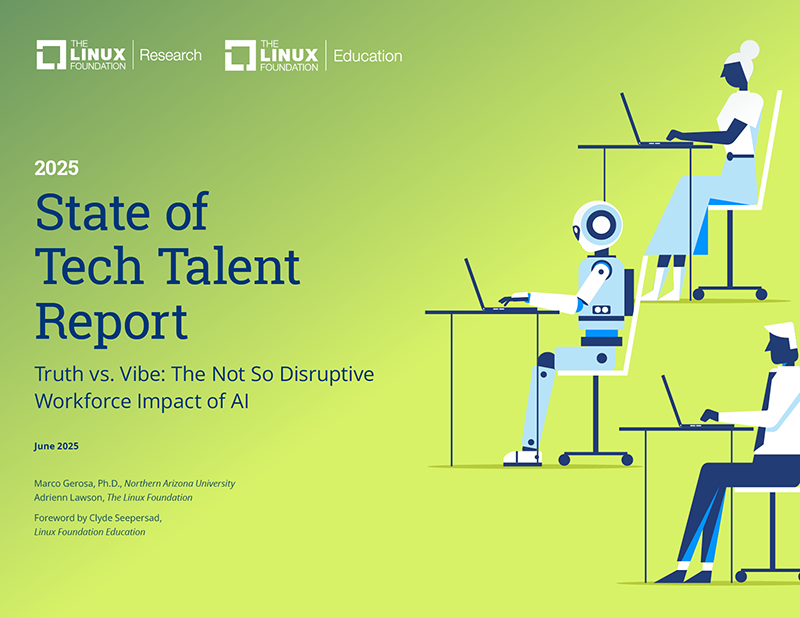
Participate in Our Research
Interested in conducting research?
Review our prospectus for more information, and email us at research@linuxfoundation.org
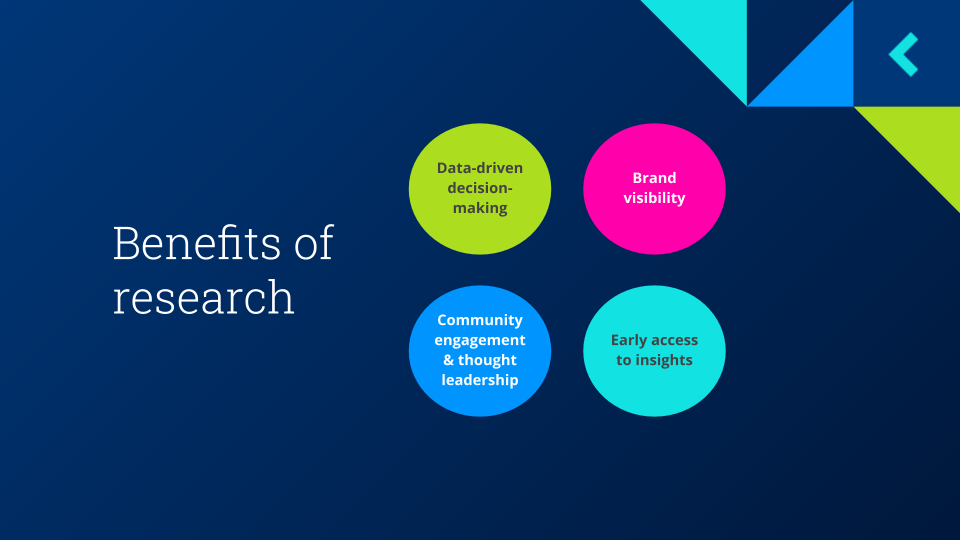
Explore Linux Foundation Research and Publications
Discover the Linux Foundation’s most recent collection of short- and long-form research and publications on open source topics of interest.
Charting Strategic Directions for Global Collaboration in Open Source AI
The 2025 GOSIM Open Source AI Strategy Forum took place on May 5, 2025 in Paris, bringing together experts from industry, academia, civil society, and open source communities. The group represented countries and organizations from around the world, sharing their perspectives on the critical challenges facing global collaboration in open source AI.
2025 State of Tech Talent Report
In the 2025 State of Tech Talent Report, LF Research and LF Education dug into trends and challenges in key technical areas this year, including AI. The report is based on findings from a survey distributed to hiring and training managers across the LF community.
2025 State of Tech Talent Japan Report
LF Research and LF Education have partnered for the second annual report on the state of tech talent in Japan. This report analyzes a Japanese segmentation of the Tech Talent survey fielded earlier this year to investigate the country’s main IT talent trends, including talent gaps, staffing priorities, and upskilling strategies.
The Economic and Workforce Impacts of Open Source AI
In a literature review commissioned by Meta, LF Research found that open source AI (OSAI) is widely adopted, cost effective, highly performing, and leads to faster and higher-quality development of tools and models. The study included a comprehensive analysis of academic and industry literature as well as empirical data from previous LF Research ...
Cybersecurity Skills Framework
LF Research partnered with LF Education and OpenSSF to develop a framework that holistically captures all cybersecurity-related job families and the skills required for each role. This framework was first drafted by cybersecurity experts and then validated by the wider community through two separate feedback surveys fielded in early 2024.
The 2025 Open Source Networking Study: The Role and Value of Open Source in the Networking Industry’s Software Stack
LF Networking and LF Research collaborated to investigate trends and priorities in open source networking. The research team fielded a survey in early 2025 to those who are familiar with telecommunications, cloud, and enterprise networks, asking about open source use, opportunities, and challenges in the sector.
Cloud Native 2024: Approaching a Decade of Code, Cloud, and Change
In its twelfth year, the CNCF Annual Survey provides the cloud native community with insight into adoption, cloud and container usage, Kubernetes reach, and project growth.
Pathways to Open Data: Findings from the 2024 World Open Innovation Conference Challenge Session
In November 2024, Linux Foundation Research attended the World Open Innovation Conference where we held a session on the pathways to building open data infrastructure. The session discussion was recorded and analyzed to produce an in-depth analysis of the unique challenges of open data and the opportunities that exist for greater openness and ...
The State of Open Standards: Standardization and Patents in Organizations
Following last year’s inaugural investigation into open source standards, the 2024 survey-based report builds on our understanding of how organizations perceive and engage with technical standards, with a focus on the economic value of open standards.
Unaware and Uncertain: The Stark Realities of Cyber Resilience Act Readiness in Open Source
This survey-based report investigates the awareness and readiness of the open source community to comply with the EU's Cyber Resilience Act (CRA). The report reveals significant knowledge gaps in the open source ecosystem that must be addressed to adequately comply with the new regulation while maintaining sustainable open source development.
Pathways to Cybersecurity Best Practices in Open Source
This case study report from the Linux Foundation investigates the impacts of the Cyber Resilience Act on open source software, including new cybersecurity obligations and the role of manufacturers and stewards. The analysis highlights the security practices of three Linux Foundation projects: the Civil Infrastructure Platform, Yocto Project, ...
OSPOs for Good: Driving Global Open Source Collaboration to Achieve the Sustainable Development Goals
In 2024, the Linux Foundation attended the United Nations' OSPOs for Good Conference, where global leaders discussed governance, funding, and sustainability needs of open source technologies in the face of increasing urgency to meet targets and indicators of the Sustainable Development Goals.
2024 Global Spotlight Insights Report
The 2024 World of Open Source survey was fielded in the Linux Foundation's global community to capture regional and industrial comparisons of open source adoption, contribution, value propositions, and sustainability.
Open Source Congress 2024
The 2024 Open Source Congress in Beijing, hosted by the OpenAtom Foundation, united leaders to address critical challenges in open source software (OSS). Building on the inaugural 2023 Geneva event, discussions centered on open source AI, cybersecurity, decentralized infrastructure, and global collaboration.
Census III of Free and Open Source Software
In this report, LF Research partnered with OpenSSF and the Laboratory for Innovation Science at Harvard to study the most common packages used at the application library level.
Decentralization and AI
Today’s digital platforms are centralized platforms that a small handful of big tech companies control. As regulators start to curtail the power of these tech companies, open source innovators are building decentralized infrastructures that preserve individual privacy, autonomy, and digital property rights and increase access to the global commons.
2024 Open Source Software Funding Report
Despite having a clear understanding of why organizations contribute to open source software (OSS), the community lacks evidence on how organizations contribute. GitHub and researchers from Harvard University partnered with the Linux Foundation to field a survey measuring open source contributions at an organizational level.
Shaping the Future of Generative AI
LF AI & Data and CNCF partnered with LF Research to answer the question: what is the role of open source in the evolution and implementation of generative AI (GenAI) technologies? This report shows how open source tools are accelerating GenAI adoption while setting a foundation for the future of AI.
Kubernetes Turns 10
In 2024, Kubernetes turned 10 years old! To commemorate this milestone, the Cloud Native Computing Foundation commissioned LF Research to survey its community on the impact of the technology.
Implementing AI Bill of Materials (AI BOM) with SPDX 3.0
A Software Bill of Materials (SBOM) is becoming an increasingly important tool in regulatory and technical spaces to introduce more transparency and security into a project's software supply chain.
The 2024 State of OSPOs and Open Source Management
Now in its 7th year, the TODO Group's 2024 Open Source Program Office (OSPO) study explores the evolving role of OSPOs, comparing enterprises of different sizes. This report highlights OSPO benefits, challenges, and projected growth, in comparison with data from previous years to understand how these findings are trending.
Open Source Software Developer Report
Intel sponsored LF Research to survey the open source developer community, asking the strategic question: What do you need to advance your career? Read the full report to learn more about developers’ career priorities and expectations of their employers!
An Open Architecture for Health Data Interoperability
This qualitative report reviews the unique characteristics of the healthcare sector, the lack of interoperability between its data systems, and how generative AI represents a catalyzing opportunity to address these issues.
The 2024 State of Open Source in Financial Services
For the past four years, FINOS and LF Research have partnered to capture yearly trends in open source consumption and contribution, emerging technologies, and opportunities and recommendations for the financial services sector.
OpenSearch Awareness and Perceptions Report
Amazon Web Services (AWS) commissioned LF Research to field a survey in the Linux Foundation community to assess the awareness and perception of OpenSearch, the open source fork of Elasticsearch and Kibana.
Open Source Maturity in Europe
For the past three years, LF Research has conducted a study on the adoption, opportunities, and perceptions of open source across Europe. The trend is clear in 2024: the perceived value of open source continues to increase in the region, and stakeholders across sectors and industries can see the importance of investing in it.
2024 Japan Spotlight Insights Report
LF Research fielded its 2024 World of Open Source survey earlier this year and segmented the findings to capture trends specific to the Japanese market. The analysis reveals how Japanese companies are using open source software to drive innovation and strengthen their key sectors, including automotive, healthcare, and manufacturing.
Strengthening License Compliance and Software Security with SBOM Adoption
Software security remains a top priority for every enterprise, industry, and government around the world. A fundamental step in securing a software supply chain is the ability to certify that the different software components being used are secure, but this can be challenging to adequately address.
2024 Cloud Native Security Report
The growing ubiquity in cloud native technologies also means the growing criticality of cloud security. CNCF commissioned LF Research to run a survey in their community, asking developers and IT leaders to evaluate how their organizations are addressing cloud native security.
Secure Software Development Education 2024 Survey
The OpenSSF commissioned a study to hear directly from the software security community on the perceived gaps in their training, and how we can better support the securing of the software supply chain from an educational perspective.
Open Source and Energy Interoperability
In a study prepared for Natural Resources Canada, LF Research investigated this research question in the context of the Canadian energy grid.
The Case for Confidential Computing
As the collection, storage, and analysis of data becomes increasingly important across industries, businesses are looking for solutions that keep data secure and processes compliant with regulations.
2024 State of Tech Talent Japan Report
The survey findings from this study were subsequently segmented by Japanese respondents and analyzed in a secondary report to capture a focused perspective on talent management amid the unique challenges faced by Japan's IT industry.
2024 State of Tech Talent Report
LF Research and LF Training & Certification partnered again this year to study trends in the technical talent market, surveying individuals responsible for hiring and training IT professionals.
Maintainer Perspectives on Open Source Software Security
As we look to build out tooling and practices that increase software security, how do we make sure that these tools empower maintainers, and not add additional burden? This research tackles this question, surveying the practices, challenges, and expectations of maintainers across the open source community.
Cloud Native 2023: The Undisputed Infrastructure of Global Technology
Cloud Native Computing Foundation (CNCF)'s Annual Survey represents an important marker in time to understand trends in the cloud native community. CNCF partnered with LF Research once again to develop its 2023 study, measuring adoption, understanding motivations for use and contribution, and forecasting new opportunities.
2023 Open Source Generative AI Survey Report
With the explosion in generative AI, the Linux Foundation wanted to understand how the technology is being adopted at an organization level and the benefits and challenges of an open source solution in comparison to closed source.
The State of eBPF
Learn how to make the most of eBPF's offerings and how you can get involved with the project to support its growth and continuous improvement.
Hyperledger Foundation 2023 Brand Study
The aim of this project was to measure perceptions of the enterprise-grade blockchain technology market, with a specific focus on Hyperledger technologies’ place in this market.
Standing Together on Shared Challenges: Report on the 2023 Open Source Congress
Read the full report to learn about open source leaders' reflections on priority areas, opportunities, and next steps for the community!
World of Open Source: Japan Spotlight 2023
This report gleans its insight from the 2023 World of Open Source survey data we collected from Japanese respondents, analyzing the region’s specific trends in open source adoption, use, and contributions.
The 2023 State of Open Source in Financial Services
In its third year, the annual FINOS research report analyzes quantitative and qualitative data to understand industry-wide trends in open source adoption, from banking, to asset management, to hedge funds.
World of Open Source: Global Spotlight 2023
This report covers a wide range of opportunities and concerns related to open source around the world, with insights collected from the global survey launched earlier this year. This report incorporates a regional comparison of open source adoption, contribution, value propositions, and sustainability.
A New Direction for the Mobile Industry
This research report features interviews from subject matter experts to understand the current state of the mobile industry, the challenges this industry faces, and how these challenges could be addressed by open sourcing the mobile technology stack.
World of Open Source: Europe Spotlight 2023
This report covers a range of open source trends, opportunities, and concerns in Europe and provides data-backed conclusions to help the ecosystem unlock even greater value from open source.
The European Public Sector Open Source Opportunity
While the EU increasingly recognizes the value of open source, the public sector is still behind in embracing open source software, with little contribution to the ecosystem and policymaking that inhibits its potential. This report examines the present-day trends, challenges, and opportunities for OSS adoption in this sector.
Open Source for Sustainability
Linux Foundation Research set out to understand how the open source community has advanced the United Nations' Sustainable Development Goals (SDGs), conducting a comprehensive study of the LF’s diverse portfolio of projects.
The 2023 State of OSPOs and OSS Initiatives
Earlier this year, the TODO Group partnered with Linux Foundation Research to run its sixth annual state of the OSPO survey. Survey data was collected from participants in a wide variety of job roles, companies, industries, and geographies, with the goal of capturing a global view of OSPOs.
Open Source License Compliance
From comprehensive software composition analysis tools to promoting the right development culture, read more about how to effectively address these challenges in the full report!
Open Source Maintainers
The software that powers so much of our technology infrastructure would not be possible without the individuals who maintain them. To understand more about this group of individuals and to capture their experiences, observations, and success stories, the Linux Foundation interviewed some of the community’s most influential maintainers.
The 2023 State of Open Standards
This report synthesizes findings from a survey that asked LF and survey partner communities about their involvement in standards, the value of and growth in standards, and what challenges they have experienced in this practice.
2023 Energy Transformation Readiness Study
The Linux Foundation Energy set out on a mission to transform the energy sector through open source investment and collaboration. This survey-based research furthers this cause by exploring the adoption of open source technology stacks vital to achieving climate targets.
The Open Source Opportunity for Microgrids
Microgrids are small and independent energy generation and storage systems that connect to traditional utility grids. Linux Foundation Research partnered with Futurewei, LF Energy, and Intentional Futures to research the state of open source in the microgrids market.
2023 State of Tech Talent Report
Linux Foundation Research partnered with LF Training and Certification for its annual talent report, this time from the perspective of hiring managers. An insightful tool for organizations, developers, and hiring managers, this report sheds light on the priorities, challenges, and changes that this year brings to the tech workforce.
Recommended Practices for Hosting and Managing Open Source Projects on GitHub
This report is a reflection on the power of GitHub to manage open source projects. It is based on a compilation of best practices to help developers enhance project engagement, understandability, and organization.
The Business Value of the OSPO
Why are Open Source Program Offices (OSPOs) valuable from a business perspective? This qualitative study takes the reader through different value propositions that OSPO champions can use to connect OSPOs to business objectives, as well as the challenges to expect on an OSPO's journey.
Measuring the Economic Value of Open Source
Professor Henry Chesbrough, a pioneer on the subject of open innovation, conducted a survey to measure the economic value of open source, analyzing where and to what extent companies experience benefits of open source adoption. This report explores the perceived economic benefits of open source software.
Open Source Innovation as a Potential Lever for Economic Recovery
As the third installment in our World of Open Source series, this report takes a global view of open source, investigating its role in economic recovery across sectors and geographies.
Why the World Needs an Open Source Digital Wallet Right Now
The Open Wallet Foundation (OWF) was formed to support the development of wallets that are portable, secure, and that anyone can use. This whitepaper traces the origins of digital wallets, the opportunities and obstacles in this area of development, and where the OWF comes in.
Web3 and Sustainability
The promise of digital asset ownership and transfer through Web3 technologies has been countered with concern for its significant energy consumption. To manage this sustainability issue while still encouraging innovation requires collective action on technology, tracking, and policy. This report summarizes three areas of action.
A Road Map to Improve the Effectiveness and Impact of Enterprise Open Source Development
As open source continues to grow at the enterprise level, there is increasing recognition of the challenges inherent to enterprise open source consumption and contribution. This report covers several practices that enterprises can adopt to effectively participate in open source.
Enabling Global Collaboration: How Open Source Leaders Are Confronting the Challenges of Fragmentation
Today’s open source community is made up of millions of projects and contributors that are as diverse as they are numerous. This report takes an in-depth look at the benefits and costs of this fragmentation from the perspective of open source leaders around the world.
Mentorship in Open Source
Mentorship in Open Source examines the intrinsic, economic, and career value of mentorship programs to increase diversity in open source projects, with insights applicable to the whole technology industry.
The 2022 State of Open Source in Financial Services
This report identifies the extent to which the financial services industry is increasingly active in open source. Further, the report highlights the obstacles and challenges to overcome in order to improve industry-wide collaboration and concludes with a set of actionable insights for improving the state of open source in financial services.
Data and Storage Trends 2022
In July 2022, the SODA Foundation, in partnership with Linux Foundation Research, launched a worldwide survey to understand evolving data and storage trends. This report uses survey data to guide end users and vendors on important issues, and helps them be better equipped to make decisions.
WebAssembly (Wasm) for Legal Professionals
WebAssembly is a technology currently gaining traction. This report functions as a starting point for a discussion about what open source license compliance for WebAssembly could look like and its potential for implementation in several ways.
Releasing Internal Code into a New Open Source Project: A Guide for Stakeholders
For companies that plan to open source proprietary code as a standalone open source project, this report is a vital resource, offering an overview of the process and identifying the critical elements that ensure the necessary tasks are properly captured and executed.
CTO Summit Report EU 2022: Resiliency in Multi-Cloud
Multi-Cloud resiliency means avoiding or mitigating an adverse event's impact and being ready for unexpected outcomes. In May 2022, the Linux Foundation and the CNCF hosted the first-ever Chief Technology Officer (CTO) Summit about Multi-Cloud resiliency, and how to achieve it. This report captures the significant findings of the Summit ...
World of Open Source: Europe Spotlight 2022
World of Open Source: Europe Spotlight 2022 explores the “state of open source” across Europe and builds a comprehensive picture by examining the current activity levels through consumption and contribution, inhibitors, motivators, and opportunities.
A Deep Dive into Open Source Program Offices: Structure, Roles, Responsibilities, and Challenges
Open source projects and initiatives provide enterprises with proven, successful models to collaborate with other organizations, create new technologies, and support the development of new communities. Organizations across many industries are establishing Open Source Program Offices (OSPOs) and staffing them with highly skilled individuals to ...
The 10th Annual Open Source Jobs Report
According to 93% of the hiring managers surveyed, open source talent is increasingly difficult to find. As a result, companies are now turning towards training their staff in new cloud automation, orchestration, and developer productivity tools to close that gap as much as possible. This year the Linux Foundation once again teamed up with edX to ...
Addressing Cybersecurity Challenges in Open Source Software
To help improve the state of software supply chain security, new research was conducted in partnership with the Open Source Security Foundation (OpenSSF), Snyk, the Eclipse Foundation, CNCF, and CI/CD Foundation as a means to help focus efforts in programming, incentives, and other resourcing to support the creation of more secure software. This ...
A Guide to Enterprise Open Source
Open source software (OSS) has transformed our world and become the backbone of our digital economy and the foundation of our digital world. Organizations are creating open source program offices (OSPOs) to manage their open source activities, from adopting OSS and compliance with applicable licenses to participating in open standards and ...
The Carbon Footprint of NFTs: Not All Blockchains Are Created Equal
Produced in partnership with Palm NFT Studio and the Hyperledger Foundation, this report lays out key climate-related barriers to NFTs and suggests some concrete strategies for embracing and building on the exciting innovations that NFTs enable. Adopting these strategies may unlock new opportunities for global collaborations and partnerships for ...
Artificial Intelligence and Data in Open Source
Artificial intelligence (AI) is no different from any other technology domain where OSS dominates. As with other industries, OSS adoption in the AI field has increased the use of open source in products and services, contributions to existing projects, the creation of projects fostering collaboration, and the development of new technologies. ...
Paving the Way to Battle Climate Change: How Two Utilities Embraced Open Source to Speed Modernization of the Electric Grid
Paving the Way to Battle Climate Change is a case study of how two large European distribution and transmission systems operators, the Netherlands’ Alliander and France’s RTE, adopted and contributed to three significant LF Energy projects, SEAPATH, CoMPAS, and OpenSTEF so that their electrical substations can become more modular, interoperable, ...
Open Source in Entertainment: How the Academy Software Foundation Creates Shared Value
Open Source in Entertainment: How the Academy Software Foundation Creates Value tells the story of the ASWF; how it came to be, where it came from, what it has achieved so far, and where it aims to go next. It is a story about engineers and leaders who collectively generate value by developing critical open source software that powers much of the ...
Census II of Free and Open Source Software — Application Libraries
Produced in partnership with Harvard Laboratory for Innovation Science (LISH) and the Open Source Security Foundation (OpenSSF), Census II is the second investigation into the widespread use of Free and Open Source Software (FOSS). The Census II effort utilizes data from partner Software Composition Analysis (SCA) companies including Snyk, the ...
The Evolution of the Open Source Program Office (OSPO)
Produced in partnership with the TODO Group, this report provides rich insight, direction, and tools to help implement an OSPO (Open Source Program Office) or an open source initiative within corporate, academic, or public sector environments. Readers will come away with an understanding of OSPO Stages and Archetypes (or personas), which drive ...
The State of Software Bill of Materials (SBOM) and Cybersecurity Readiness
The State of Software Bill of Materials (SBOM) and Cybersecurity Readiness, produced in partnership with SPDX, OpenChain, and OpenSSF, reports on the extent of organizational SBOM readiness and adoption and its significance to improving cybersecurity throughout the open source ecosystem. The study comes on the heels of the US Administration’s ...
Diversity, Equity, and Inclusion in Open Source
The Linux Foundation Report on Diversity, Equity, and Inclusion in Open Source in collaboration with 14 industry partners seeks to understand the demographics and dynamics concerning overall participation in open source communities and identify gaps to be addressed, all as a means to advancing inclusive cultures within open source environments. ...
Data and Storage Trends Report
This report reveals the top data and storage challenges faced by users, storage use trends, vendor product strategies, cloud storage use cases, and the important priorities for enterprises in the next three years and beyond. It was produced in partnership with the SODA Foundation, Cloud Native Computing Foundation, Storage Networking Industry ...
The State of Open Source in Financial Services Report
The first annual report, produced in partnership with FINOS, Scott Logic, Wipro, and GitHub, explores the state of open source in the financial services sector. The report identifies current levels of consumption and contribution of open source software and standards in this industry and the governance, cultural, and aspirational issues pertaining ...
9th Annual Open Source Jobs Report
Produced in partnership with edX, this report provides actionable insights on the state of open source talent that employers can use to inform their hiring, training, and diversity awareness efforts. It also provides IT professionals with clear insight on which skills are most marketable and how training and certification efforts benefit job ...
Hyperledger Brand Study
Over the summer of 2021, Linux Foundation Research undertook an independent survey to explore the state of the enterprise blockchain market and the Hyperledger brand. The research team collected quantitative and qualitative data from a broad community with knowledge of enterprise blockchain covering a range of topics, including familiarity with ...
Our Team
Filter by:
Hilary Carter
SVP, Research
Hilary Carter joined the Linux Foundation in 2021 to launch and lead LF Research, established to deliver empirical insights into open source trends, opportunities, and challenges. Prior to joining the Linux Foundation, Hilary led a global, syndicated research institute focused on blockchain technology based in Toronto, Canada. She has authored and led nearly 200 research projects focused on open source innovation and its adoption across industries. Hilary holds a Master of Science in Management from the London School of Economics, and holds dual Irish and Canadian citizenship.
Adrienn Lawson
Director of Quantitative Research
Adrienn serves as Director of Quantitative Research at the Linux Foundation, where she leads data-driven initiatives to understand open source ecosystems. With expertise in social data science from the University of Oxford and a background spanning academic and governmental research, she brings methodological rigor to analyzing distributed collaboration networks.
At the Linux Foundation, Adrienn leads a team conducting cross-sectional research across industry verticals and geographic regions to provide comprehensive insights into open source dynamics. Her work encompasses empirical investigations into regulatory compliance, the implications of AI, and sustainable funding models. She produces evidence-based recommendations that inform strategic decision-making within the open source community.
Anna Hermansen
Research & Ecosystem Manager
Anna is the Ecosystem Manager for LF Research where she supports end-to-end management of the Linux Foundation's research projects. She has conducted qualitative and systematic review research in health data infrastructure and the integration of new technologies to better support data sharing in healthcare. She is a generalist with experience in client services, program delivery, project management, and writing for academic, corporate, and web user audiences. Prior to the Linux Foundation, she worked for two different research programs, the Blockchain Research Institute and BC Cancer's Research Institute.
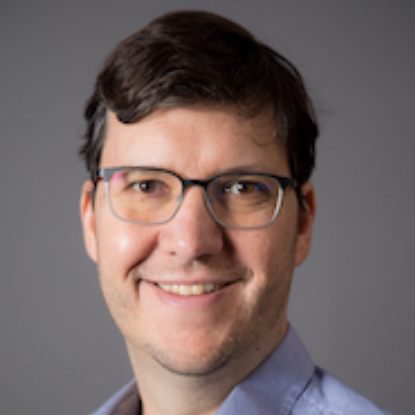
Marco Gerosa
Data Analyst
Dr. Marco Aurélio Gerosa is a Full Professor of Computer Science at Northern Arizona University (NAU), USA. His recent research includes exploring AI and chatbots to support open source communities. He earned his Ph.D. in Computer Science from the Pontifical Catholic University of Rio de Janeiro (PUC-Rio) and has published over 300 peer-reviewed papers. He has expertise in quantitative and qualitative research methods and mining software techniques.
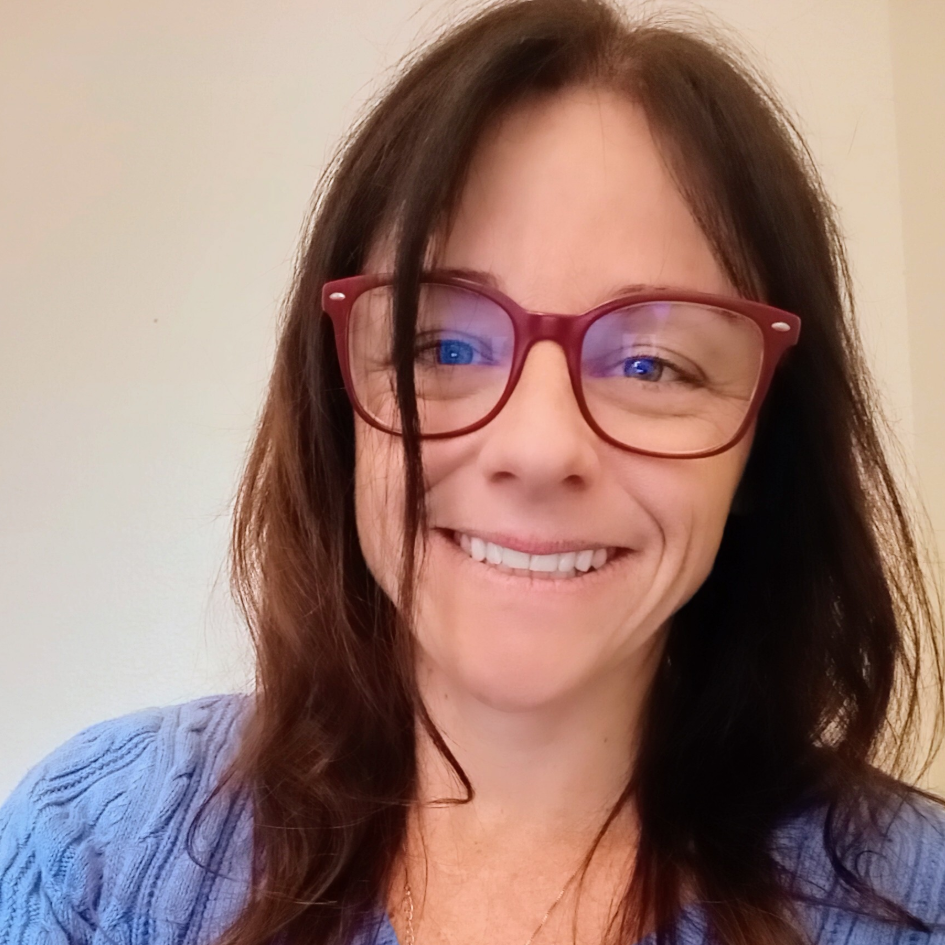
Bianca Trinkenreich
Data Analyst
Dr. Bianca Trinkenreich is an Assistant Professor of Computer Science at Colorado State University (CSU), USA. Her recent research includes exploring human-centric AI, software teams' culture, developer experience and technostress. She earned her Ph.D. in Computer Science from Northern Arizona University and has published over 50 peer-reviewed papers. She has expertise in mixed-methods studies involving both quantitative and qualitative research methods and mining software techniques.
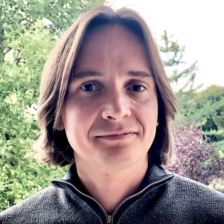
Lucian Balea
RTE
Lucian is Open Source Program Director at RTE, the French power transmission system operator. He is leading the open source strategy of RTE which aims at moving the digitalization of the power grid into a new era. Early 2018, he started a collaboration with The Linux Foundation to launch LF Energy, an open source coalition to speed technological innovation and support the energy transition across the world. Today, Lucian is deeply involved in LF Energy and serves as Chair of the Governing Board.
Lucian has been with RTE since 2003 where he held several management positions in the fields of R&D, markets and finance.
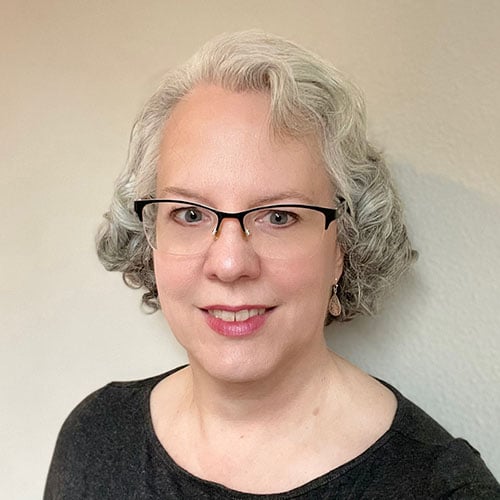
Kathy Brost
Intel
Kathy Brost is a Technology Strategist in the Office of the CTO organization at Intel Corporation. She has over 30 years of experience as a research professional at leading technology organizations. Prior to Intel, Kathy worked at Siemens Digital Industries Software and Microsoft and earned a Master of Library and Information Science degree from the University of Washington.

Henry Chesbrough
UC Berkeley
Henry Chesbrough is best known as “the father of Open Innovation”. He teaches at the Haas School of Business at the University of California-Berkeley, where he is the Faculty Director of the Garwood Center for Corporate Innovation. He is also Maire Tecnimont Professor of Open Innovation and Sustainability at Luiss University in Rome. Previously he was an Assistant Professor at Harvard Business School. He holds a PhD from UC Berkeley, and MBA from Stanford, and a BA from Yale University. He has written books such as Open Innovation (Harvard Business School Press, 2003), Open Business Models (Harvard Business School Press, 2006), Open Services Innovation (Jossey-Bass, 2011) and Open Innovation Results (Oxford, 2020). His research has been cited more than 90,000 times, according to Google Scholar. He has been recognized as one of the leading business thinkers by Thinkers50. He received an Innovation Luminary award from the European Commission in 2014. He received the Industrial Research Institute Medal of Achievement in 2017, and has two honorary doctorates.
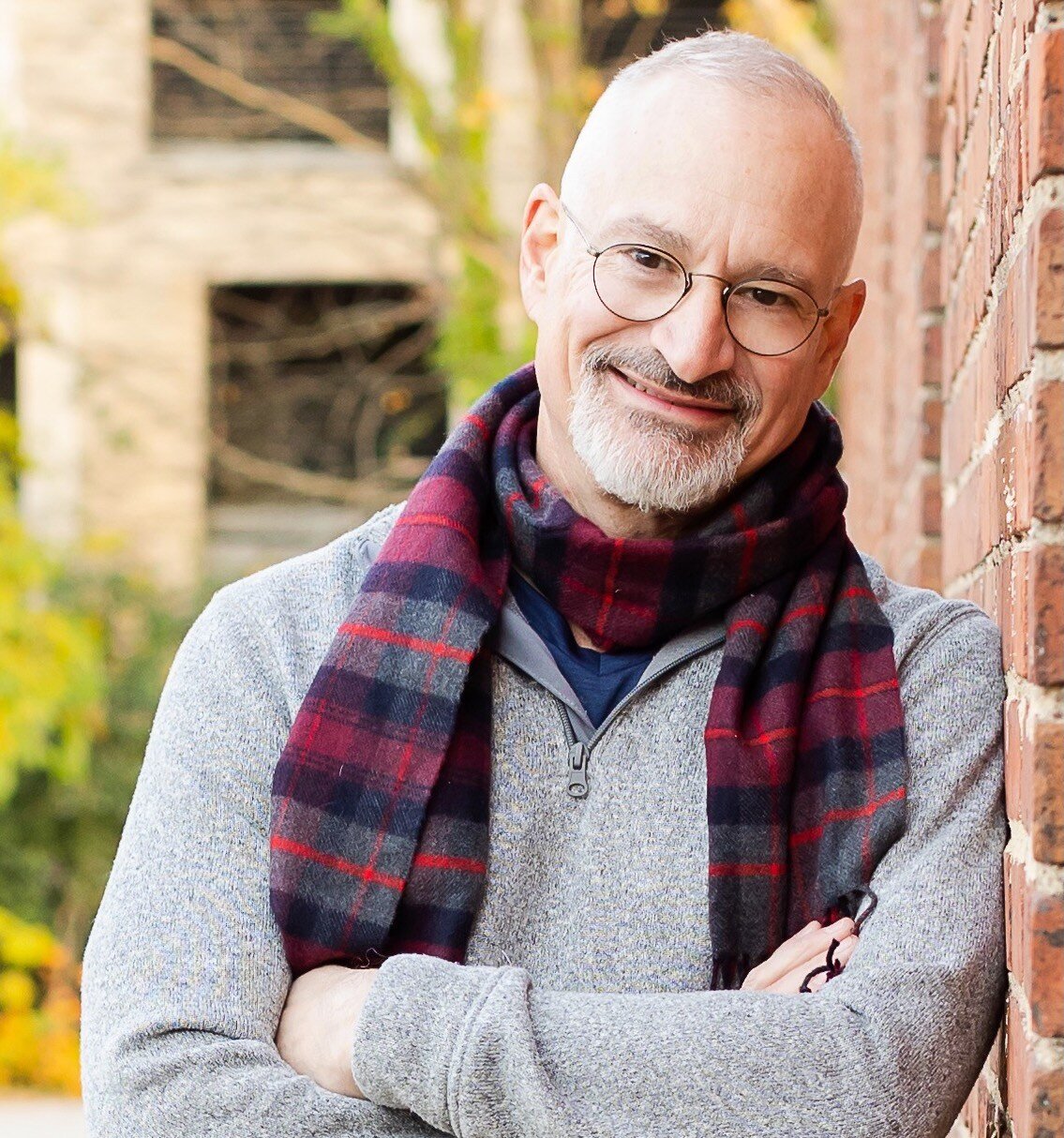
Jerry Cuomo
Fellow, IBM
Jerry is a retired IBM Fellow with more than 38 years' experience as a software innovator and open-source advocate. He currently lectures at North Carolina State University and leads Wild Ducks, LLC, where he consults, develops, and secures intellectual property in trustworthy AI, blockchain, and cybersecurity.
He holds more than 100 U.S. patents. Among his most notable is the "Someone is typing…" indicator, now used billions of times daily in instant messaging.
Jerry is the author of the Think series, which includes Think Blockchain and Think Artificial Intelligence as well as co-author of Blockchain for Business and The Art of Automation.
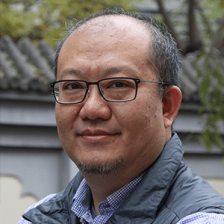
Peixin Hou
Huawei
Peixin Hou is currently serving as the Chief Architect of Open Software and Systems in the Central Software Institute, Huawei. He has been working in the software industry for over 20 years and has experience in operating systems, mobile software, media processing, and cloud computing.
Peixin started his open source journey in 2000 and is now an active strategist and evangelist in the field. He is involved in defining various key strategies on open source for Huawei and leads the company’s FOSS development in areas such as Linux and containers. He also serves as a board or steering committee member in several open source projects, such as Cloud Native Computing Foundation and Core Infrastructure Initiative. Peixin has also represented Huawei on the board of Linaro.
Peixin received his Ph.D. from the University of Surrey, UK in electronic and electrical engineering.
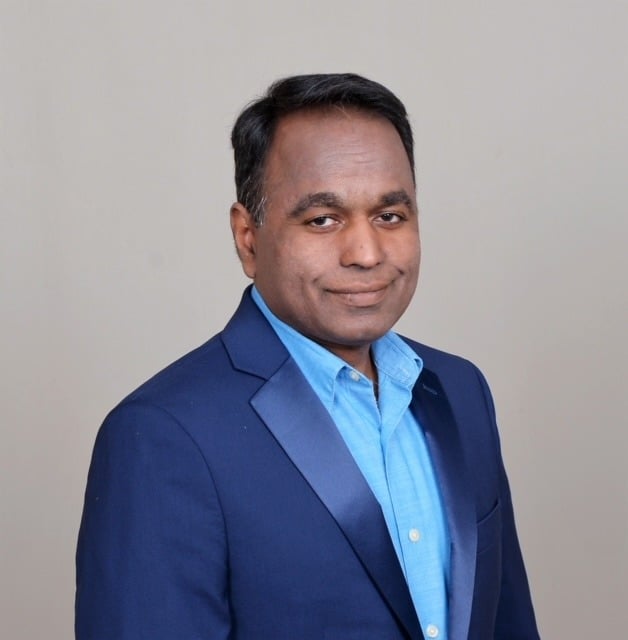
Rao Lakkakula
Microsoft
Rao Lakkakula leads the open-source ecosystem team at Microsoft. In the past, he led security and engineering teams at JPMorgan Chase, Amazon, and Climate Technologies. Rao is passionate about open-source security and is a key member of the initial team that started Open-Source Security Foundation (OpenSSF).
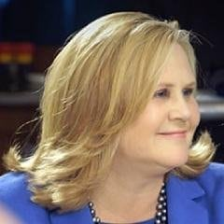
Jessica Murillo
IBM
Jessica Murillo is Vice President, Open Systems Development at IBM. She leads a broad set of software development teams, including the IBM Linux Technology Center, collaborative software development, virtualization, containers, cloud computing, and next generation workload solutions across IBM’s POWER and IBM Z servers. The Open Systems Development organization is a worldwide team that is distributed across Australia, Brazil, China, France, Germany, India, and the United States.
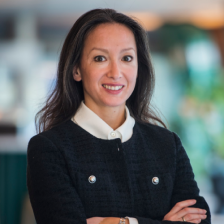
Sachiko Muto
OFE/RISE
Sachiko Muto is the Chair of OpenForum Europe and a senior researcher at RISE Research Institutes of Sweden. She originally joined OFE in 2007 and served for several years as Director with responsibility for government relations and then as CEO. She has degrees in Political Science from the University of Toronto and the London School of Economics and has been a guest researcher at UC Berkeley and TU Delft.

Frank Nagle
Advising Chief Economist
Frank Nagle is an assistant professor in the Strategy Unit at Harvard Business School and the Advising Chief Economist at the Linux Foundation. Professor Nagle studies how competitors can collaborate on the creation of core technologies, while still competing on the products and services built on top of them – especially in the context of artificial intelligence. His research falls into the broader categories of the future of work, the economics of IT, and digital transformation and considers how technology is weakening firm boundaries. His work utilizes large datasets derived from online social networks, open source software repositories, financial market information, and surveys of enterprise IT usage.
Professor Nagle’s work has been published in top academic journals as well as in practitioner-oriented publications like Harvard Business Review, MIT Sloan Management Review, and Brookings Institution TechStream. He has won awards and grants from AOM, NBER, SMS, INFORMS, EURAM, GitHub, the Sloan Foundation, and the Linux Foundation. He is a faculty affiliate of the Digital, Data and Design (D^3) Institute at Harvard, the Managing the Future of Work Project, and the Laboratory for Innovation Science at Harvard (LISH).
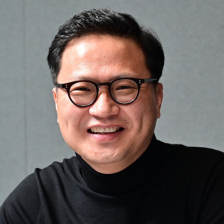
Daniel Park
Samsung
Dr. Daniel Park is a head of open source group in Samsung where he is responsible for open source strategy, corporate governance and compliance operation, project development and developer relationship and all kinds of open source stuffs. He has many experiences in terms of global standard and collaboration including W3C advisory board and working group chair, IETF working group chair, OCF vice president and open source work group chair, and currently his experience is being expanded to open source communities. He received his Ph.D from Kyung Hee University in Computer Engineering.

Phil Robb
Ericsson
Phil is the Head of Ericsson Software Technology (EST), where he leads a passionate group of engineers developing open source software across a wide range of projects including Linux, OpenStack, Kubernetes, and ONAP among many others.
Prior to Ericsson, Phil was the V.P. of Operations for the Networking Projects at the Linux Foundation including ORAN, ONAP, OpenDaylight, and Anuket. In that role, Phil led a team of technical staff who oversaw community software development based on DevOps and open source best practices. Prior to the Linux Foundation, Phil spent 12 years with Hewlett Packard working on Linux and Open Source starting in 2001. There, Phil formed and led HP’s Open Source Program Office responsible for open source strategy, tools, processes, and investments as HP transitioned from Unix to Linux in the Enterprise Server market.
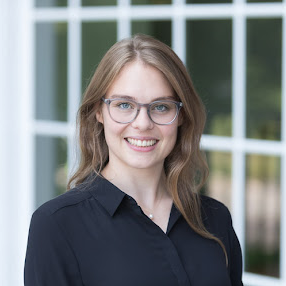
Maria Roche
Harvard Business School
Maria Roche is an Assistant Professor of Business Administration in the Strategy Unit at Harvard Business School. She teaches Strategy in the MBA required curriculum. Her research focuses on the sourcing, production and diffusion of knowledge, which she examines in various contexts including cities, co-working spaces, universities, and open source platforms. Her work, published at The Review of Economics and Statistics, Organization Science and Research Policy, has been featured, a.o., in The Atlantic, Handelsblatt and the WSJ.
Professor Roche earned her PhD in Management (Strategy and Innovation) at the Scheller College of Business, Georgia Institute of Technology, where she was a recipient of a NSF Science of Science and Innovation Policy Doctoral Dissertation Research Improvement Grant. She earned an MS in Business Administration and a BA in International Cultural and Business Studies at the University of Passau, Germany.
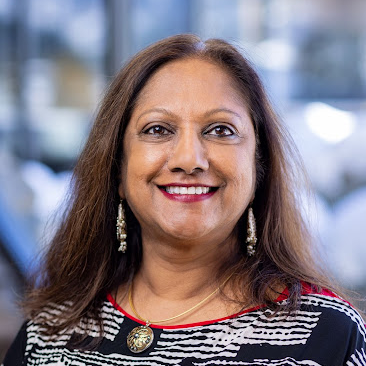
Nithya Ruff
LF Board Chair
Nithya A. Ruff is the Head of the Amazon Open Source Program Office. She drives open source culture and coordination inside of Amazon and engagement with external communities. Open Source has proven to be one of the world’s most prolific enabler of innovation and collaboration, and Amazon’s customers increasingly value open source innovation and the cloud’s role in helping them adopt and run important open source services. Prior to Amazon, she started and grew Comcast and Western Digital’s Open Source Program Offices. Open Source Program Offices are a critical part of a company’s digital transformation and innovation journey and enable the intentional and systematic engagement with open source for companies.
Nithya has been director-at-large on the Linux Foundation Board for the last 5 years and in 2019 was elected to be Chair of the influential Linux Foundation Board. She works actively to advance the mission of the Linux Foundation around building sustainable ecosystems that are built on open collaboration.

Keiichi Seki
NEC
Keiichi Seki is a leading member of the open source program office in NEC Corporation, and is responsible for NEC’s open source strategy. He leads NEC’s developer teams who are actively contributing to open source communities, such as Kubernetes and OpenStack. He also helps encourage people in the NEC group of companies to join and contribute to open source communities. He handles intellectual property issues regarding open source software patents, and has been a technical committee member of the Open Invention Network since 2019.

Mark Shan
Tencent
Mark Shan has a long career and practical experience in cloud-native, microservices, big data, edge computing, and open-source ecosystem. As the chairperson of Tencent Open Source Alliance, he works full of passion to build the ecosystem for Tencent Open Source and makes great efforts to accelerate innovation in technology and product with the open-source way.
At Tencent Cloud, Mark leads the open-source team and works with organizations and communities including Apache Software Foundation, Linux Foundation, Open Atom Foundation, CAICT, COPU and others to build open-source ecosystem. He is also the observer of Linux Foundation Board, chairperson of TARS Foundation, TOC member of Open Atom Foundation and Magnolia Open Source Community, TSC member of Akraino Edge Stack, fellow of China Cloud Native Industry Alliance, advisor of Open Source Community, member of CCF Open Source Committee.
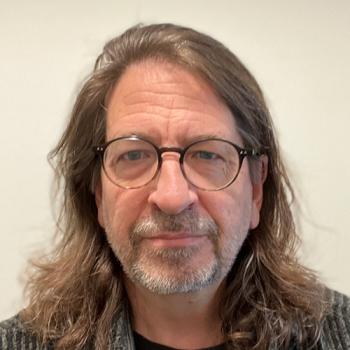
Rick Stevens
Argonne National Laboratory
Rick Stevens is a Professor of Computer Science at the University of Chicago and the Associate Laboratory Director of the Computing, Environment and Life Sciences (CELS) Directorate and Argonne Distinguished Fellow at Argonne National Laboratory. His research spans the computational and computer sciences from high-performance computing architecture to the development of tools and methods for bioinformatics, cancer, infectious disease, and other challenges in science and engineering. Recently, he has focused on developing AI methods for a variety of scientific and biomedical problems, and also has significant responsibility in delivering on the U.S. national initiative for Exascale computing and developing the DOE’s Frontiers in Artificial Intelligence for Science, Security, and Technology (FASST) national initiative.
Stevens is a member of the American Association for the Advancement of Science and has received many national honors for his research, including being named a Fellow of the Association of Computer Machinery (ACM) for his continuing contributions to high-performance computing.
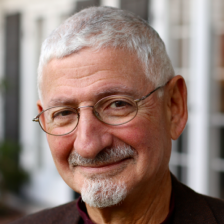
Irving Wladawsky-Berger
MIT
Dr. Irving Wladawsky-Berger is Visiting Lecturer at MIT’s Sloan School of Management, a Fellow of MIT’s Initiative on the Digital Economy and of MIT Connection Science.
He retired from IBM in May of 2007 after a 37 year career with the company, where his primary focus was on innovation and technical strategy. He’s been an Adviser on Digital Strategy at Citigroup, at HBO, and at MasterCard. He’s been writing a weekly blog,irvingwb.com, since 2005, and was a guest columnist at the Wall Street Journal CIOJournal.
Dr. Wladawsky-Berger received an M.S. and a Ph. D. in physics from the University of Chicago.

Chris Xie
Futurewei
Chris Xie serves as the Head of Open Source Strategy at Futurewei, where he leads various strategic open source initiatives. His involvement in diverse open source communities has established him as a knowledgeable and strategic thought leader. Chris plays an active role in several key projects and committees, contributing to organizations like LF Research, LF Energy, Green Software Foundation, OpenSSF, and the Todo Group (OSPO). Earlier in his career, Chris started a software startup company as a Silicon Valley entrepreneur , focusing on decentralized computing. Chris holds patents in network management and distributed systems, reflecting his strong technical expertise. Recognized for his cross-cultural leadership, he has been featured in the San Francisco Chronicle Business News.
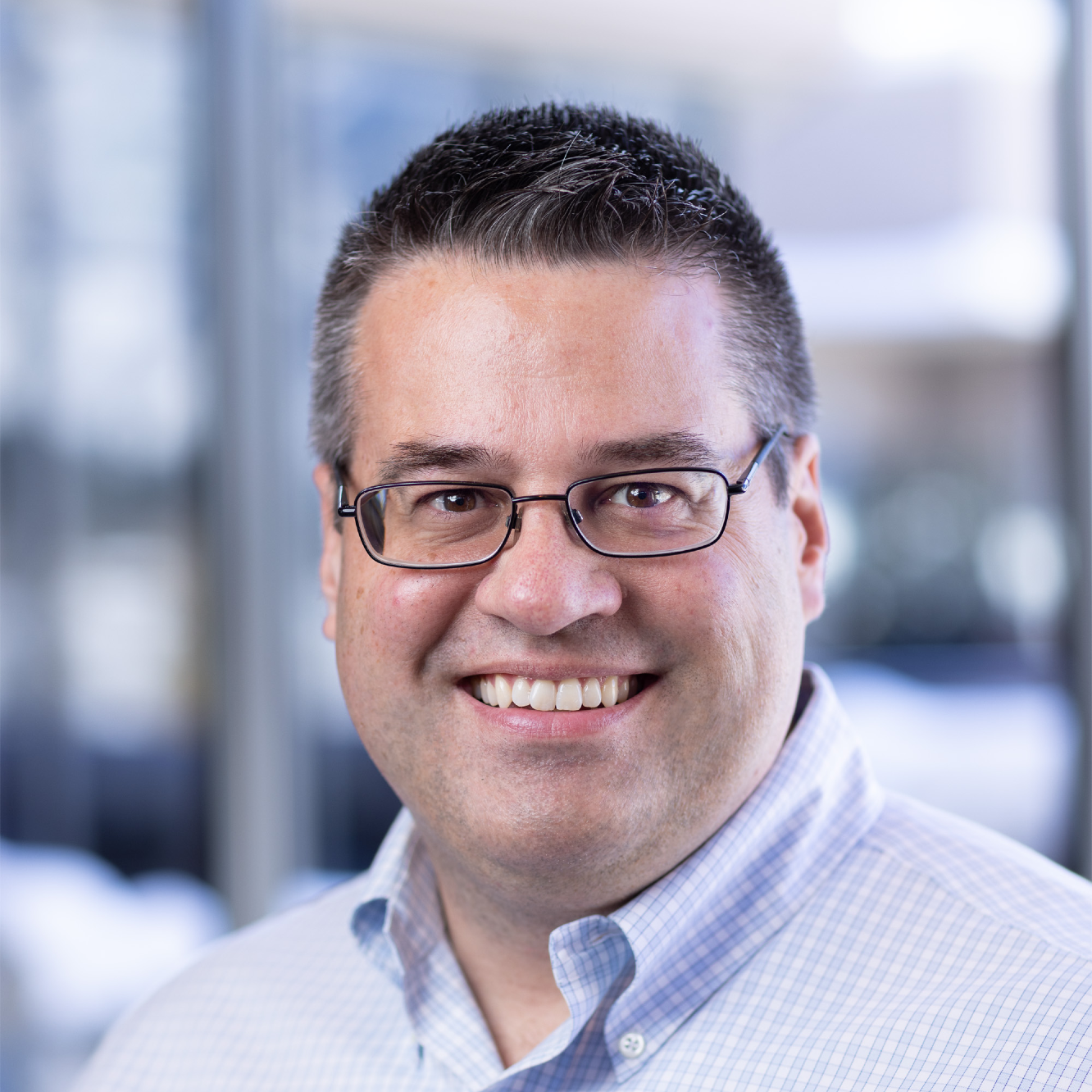
Mike Dolan
Senior Vice President and GM of Projects
Michael Dolan is SVP and GM of Projects supporting open source projects, research, and legal programs at The Linux Foundation. He has set up and launched hundreds of open source and open standards projects covering technology segments including networking, cloud, blockchain, Internet of Things, AI/ML, security, storage, and embedded devices. Mike also runs open source legal programs for the Linux Foundation’s members’ legal counsel community which has led to collaborations on standards such as OpenChain and SPDX.
Prior to joining The Linux Foundation, he spent eight years at IBM in roles across systems, services, and software. He received an M.B.A. from Case Western Reserve University, a J.D. from Cleveland State University, and a B.S. in economics from John Carroll University. Mike is a member of the Ohio State Bar Association.
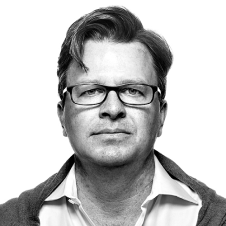
Jim Zemlin
Executive Director
Jim Zemlin’s career spans three of the largest technology trends to rise over the last decade: mobile computing, cloud computing, and open source software. Today, as executive director of The Linux Foundation, he uses this experience to accelerate innovation in technology through the use of open source and Linux.
At The Linux Foundation, Jim works with the world’s largest technology companies, including IBM, Intel, Google, Samsung, Qualcomm, and others to help define the future of computing on the server, in the cloud, and on a variety of mobile computing devices. His work at the vendor-neutral Linux Foundation gives him a unique and aggregate perspective on the global technology industry.
Jim has been recognized for his insights on the changing economics of the technology industry, and he is a regular keynote speaker at industry events. He advises a variety of startups, including Splashtop, and sits on the boards of the Global Economic Symposium, Open Source For America, and Chinese Open Source Promotion Union.
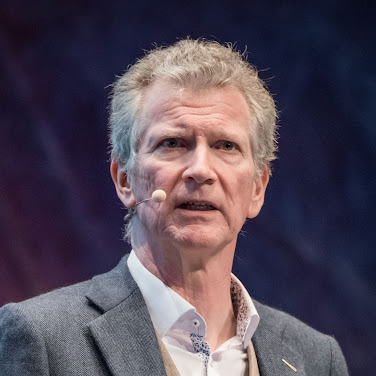
Stephen Walli
Microsoft
Stephen Walli is a principal program manager at Microsoft in the Azure Office of the CTO. Stephen has been a Distinguished Technologist at Hewlett-Packard, technical director at the Outercurve Foundation, founded a start-up, and been a writer and consultant. He's been around open source software for 30+ years. He is governing board chair for the Confidential Computing Consortium, Microsoft board member to the Eclipse Foundation, and an IEEE standards working group chair. Stephen is adjunct faculty at Johns Hopkins University.
Latest Research from the Open Source Community
- AI Openness Update Report (OpenUK)
- Kubernetes and the UK Report (OpenUK)
- AI Action Summit (OpenUK)
- The Evolving State of Supply Chain Security (DarkReading / Synopsys, July 2024)
- State of Open: The UK in 2024 Phase 2: "The Open Manifesto" (OpenUK)
- Open Source Software: The $9 Trillion Resource Companies Take for Granted (Harvard Business School)
- State of Open: The UK in 2024 (OpenUK)
- 2024 State of Open Source Report (OpenLogic, Open Source Initiative, and Eclipse Foundation)
- 2024 Open Source Security and Risk Analysis Report (Synopsis)
- State of Open Source Security 2023 (Snyk)
- State of the Software Supply Chain (Sonatype)
